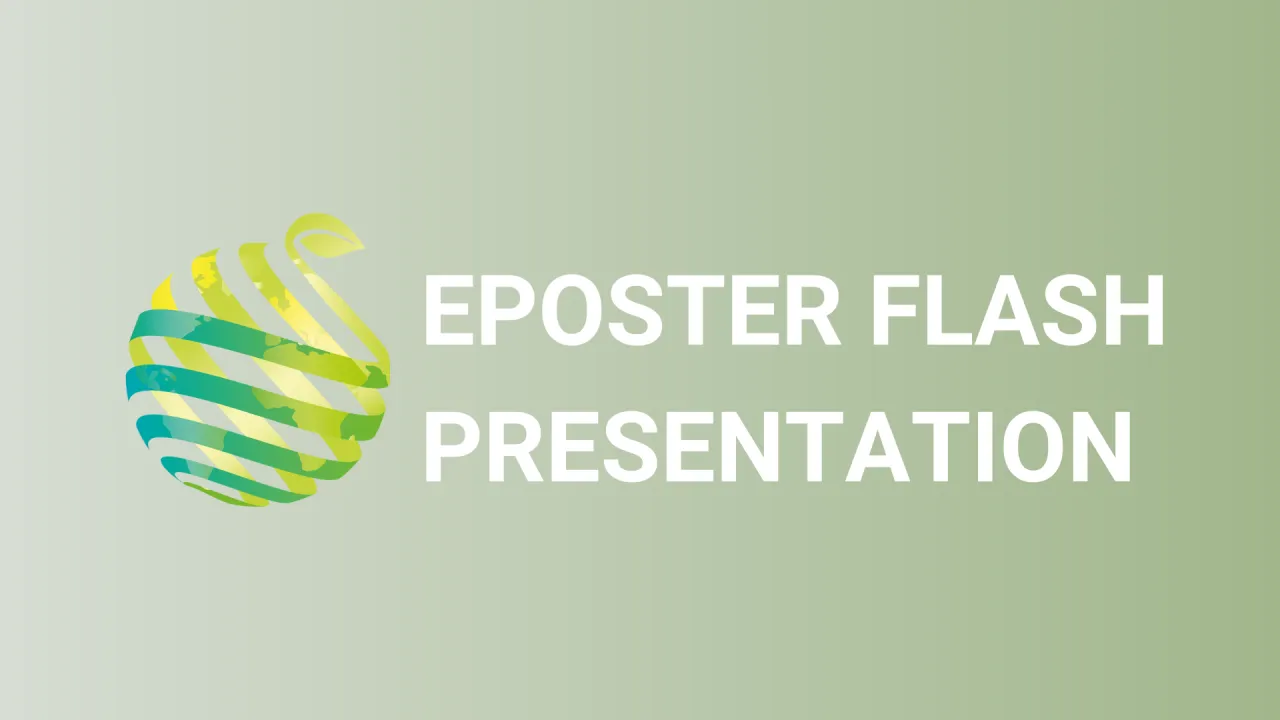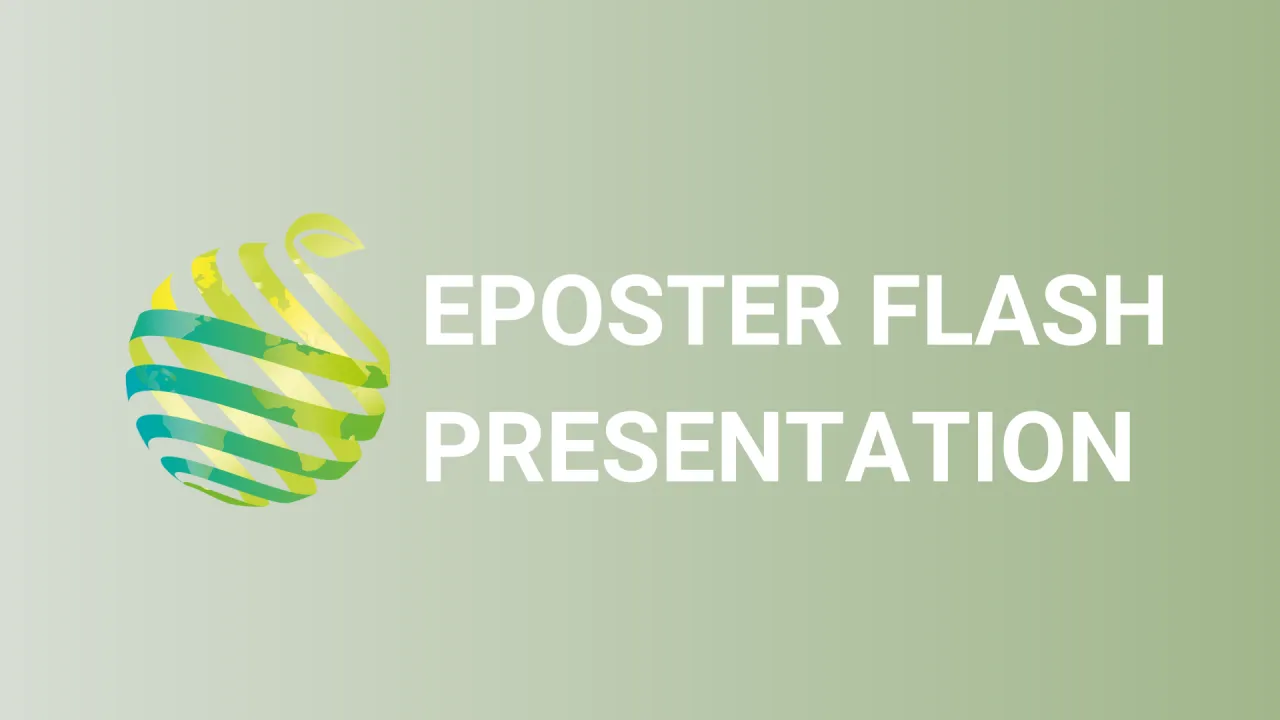

S06 - Session P16 - Direct and indirect disease suppression using low concentrations of biochar in strawberry cultivation
Information
Authors: Lisa Joos, Marijke Jozefczak, Wendy Van Hemelrijck, Amine Lataf, Dries Vandamme, Kristof Maenhout, Caroline De Tender, Ann Cuypers, Bart Vandecasteele *, Jane Debode
Biochar can play a positive role in disease suppression of horticultural crops when added at low concentrations to growing media. Biochar can directly support disease suppression or indirectly as a carrier for biocontrol agents. Strawberry cultivation is prone to diseases and might benefit from biochar's direct and indirect disease suppression. Therefore, a strawberry trial was set-up at pcfruit. First, three biochars (wood-based 1, wood-based 2, manure-based) with different effects on disease suppression were applied at 2 g/L to the growing media. Second, a biochar (straw-like based) with excellent carrier properties for a commercial Trichoderma product was selected and used in two ways: the straw-like biochar and Trichoderma were added to the growing media simultaneously, or Trichoderma was inoculated onto the straw-like biochar 3 weeks before adding to the blends. Additionally, Trichoderma was added to the blends without the straw-like biochar. The effect against Phytophthora cactorum was evaluated after 24, 38 and 50 days after infection on the plants and the strawberries plant biomass and yield were measured at the end of the experiment. The woody-based biochars showed a reduction in root rot caused by P. cactorum , resulting in a one week delay in disease development. The manure-based biochar increased the root rot development with one week. The woody biochar 1 caused a trend for less strawberries, woody biochar 2 resulted in more, but smaller strawberries. The addition of Trichoderma without the carrier biochar resulted in a lower root rot development, lower plant biomass, but a greater total strawberry weight per plant. To conclude, two biochars resulted in a delay of the disease development. Trichoderma application resulted in beneficial effects on the root rot and yield of the strawberries, but the use of a carrier biochar had no additional value in this trial.